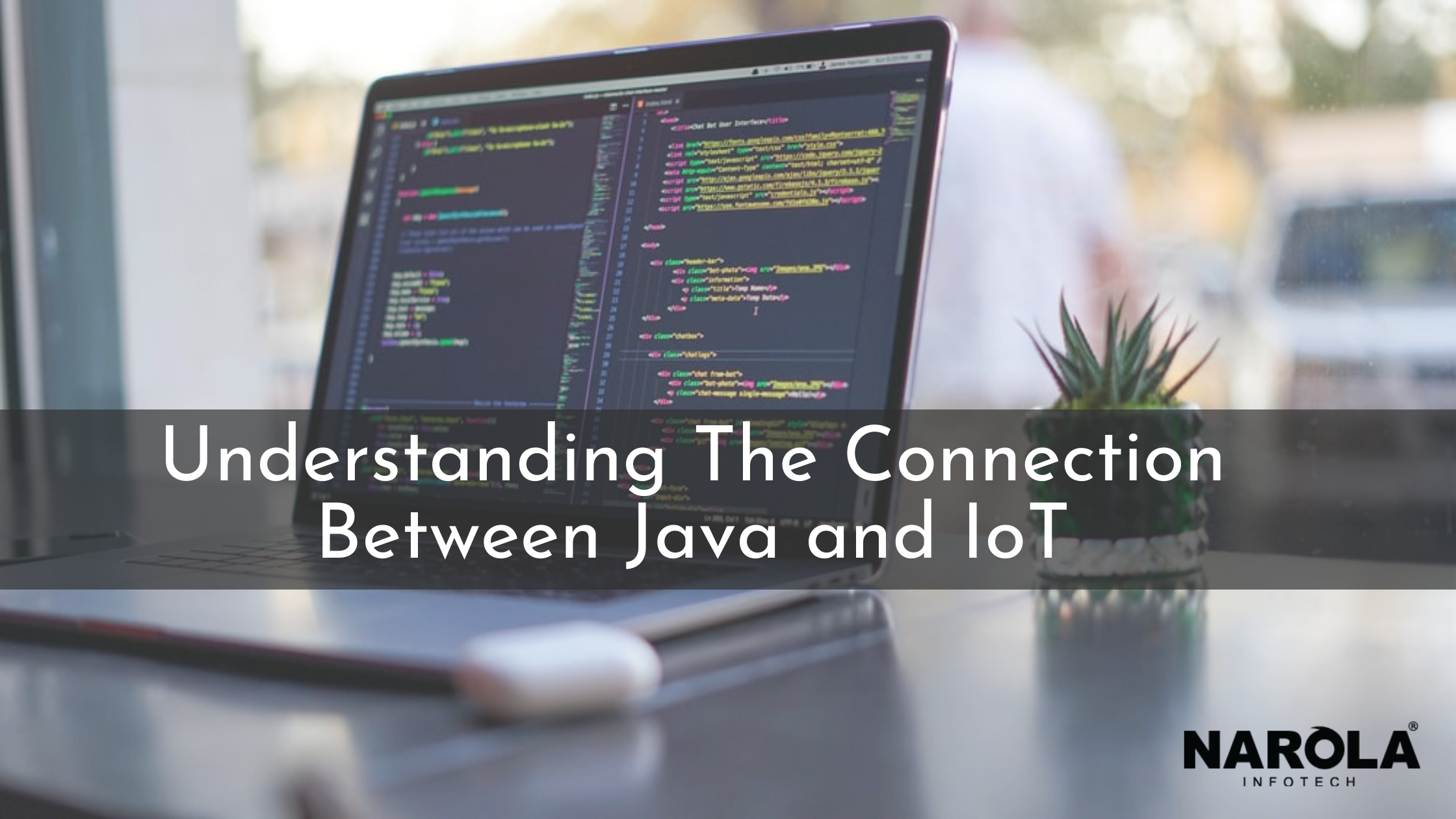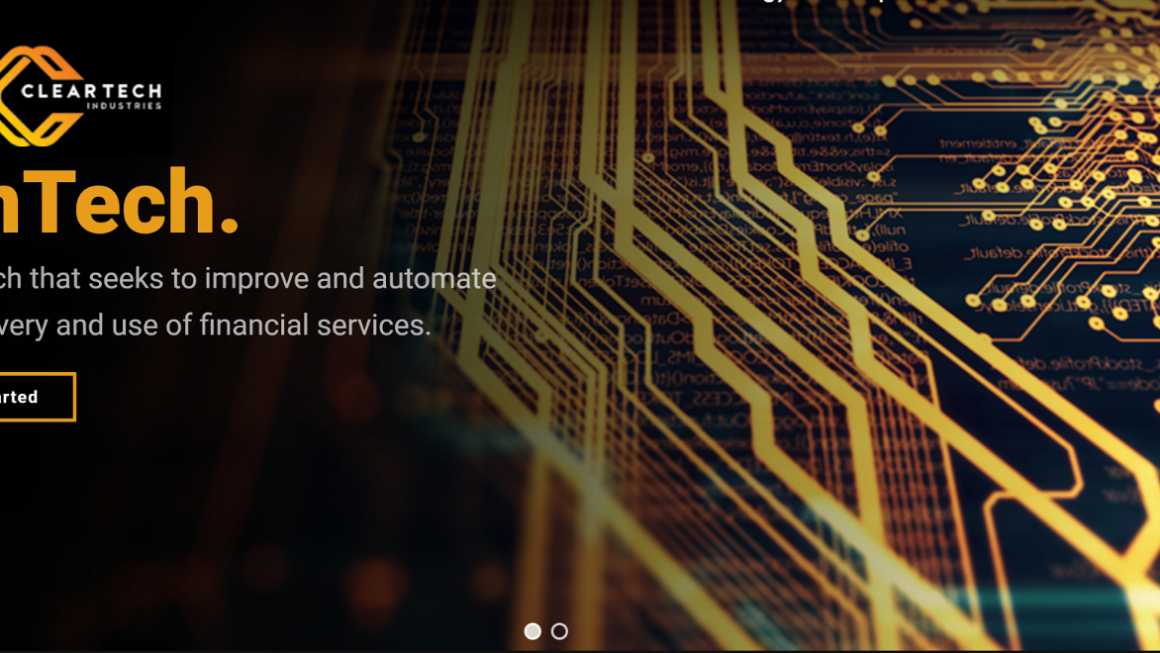The Internet of Things IoT is certainly the most revolutionary technology in the history of humanity. Its capability to connect and control things within an ecosystem has changed our lives and jobs.
Smartphones, smartwatches, and wearables, as well as smart offices, automated homes as well as smart vehicles, and many smart cities too, have profited from the Internet of Things.
However, despite its growing popularity and popularity. There are some difficulties that developers face when creating applications designed for IoT devices. To address these issues they must select the programming language that would best suit their needs to develop.
The most commonly used answer is Java however it’s difficult to believe without an evidence-based basis. In this article, we’ll look at the most significant challenges that are faced in the creation of IoT applications.
Explain the reasons Java is the best language to overcome them.
Challenges of IoT Applications
Let’s have a look at the three main challenges that are faced by IoT app developers.
1. Connectivity
Real-time data transmission is the core of the Internet of Things application development. But, due to insufficient connection or delay, it can become an issue. It is extremely advantageous to have devices connected which provide pertinent front-end data. But in the event that IoT sensors are utilized to analyze, monitor data, and transmit data, the insufficient connection is a major issue.
Large industrial enterprises that use IoT sensors linked to data platforms can’t perform their functions due to server issues. This is an obvious instance of an IoT application that is suffering due to an insecure connection.
2. Security
Security and privacy are two of the most sensitive issues when it comes to IoT application development.
They are powered by an internet that connects software and hardware components, and they carry a huge volume of data moving through the network of connected devices, which invades the privacy of users. Because there’s so much information on the internet, it’s vulnerable to cyber-attacks and hacking.
3. Cross-Platform Compatibility
IoT applications have to be designed with technological advancements in mind. This means that IoT development requires a careful balance of the software and hardware functions.
Additionally, because it runs an extremely powerful operating system it allows for the utilization of features, functions, and bug fixes, while simultaneously reducing performance.
In the end, making sure your device, as well as the IoT platform, provides optimal performance despite the frequent devices, OS, or bug fixes is a major challenge for IoT developers.
Why Java is Best Suited for Creating IoT Applications
1. No Affinity With Hardware Devices
The Internet of Things is about more than just sensor-powered devices. It’s as well about the applications which drive the devices. Developers should think about an operating system that is real-time, the CPU, and a variety of protocols for connecting devices when creating the embedded app.
A platform-independent language such as Java incorporates all these needs. Developers write code one time and run it across all platforms to develop enterprise Java applications. Without changing the code the developed Java IoT application can run on a range of hardware and software platforms.
This is beneficial to Java as it is able to avoid the danger of linking an application with specific hardware components that could vary from one system to the next. In turn, the chance of devices being outdated is minimized. This also makes IoT deployment with Java simpler and efficient.
There are other languages that could be suitable for developing IoT applications. But these depend all on their platform to a certain extent, and they aren’t suitable to create IoT applications.
2. Stable and Scalable
Industrial IoT is more complex and requires a secure and solid language. It is essential to scale up as the requirements of business evolve in time as well as IoT’s Internet of Things’ rapid advancement will demand it.
This means that IoT applications need to be able to handle an increasing quantity of users and devices connected, app features, and analytics capabilities all while maintaining the highest level of high-quality service.
Through the distribution of resources proportionally and scalable, IoT applications are able to manage, monitor, and securely manage an ever-growing amount of gadgets. Stability is the primary requirement when industrial equipment has to be monitored and operated from far-away locations.
Alongside that, the idea that a smart city is a reality has led to the creation of intelligent buildings. This type of structure makes use of Internet of Things technologies and control algorithms to control and monitor their surroundings.
The amount of stability, as well as scalability that is required for the creation and maintenance of the whole IoT ecosystem IoT devices, is only accomplished by Java software development services that manage security concerns that come with creating the system.
3. Interoperable
There is a significant amount of exchange of data between IoT devices. This is the reason why there is a requirement for a programming language that can be able to create systems that are capable of handling such a huge amount of data with ease.
It’s the reason a language with high interoperability is essential that allows various digital devices or systems that communicate and exchange information on an elementary level.
This is the reason why Java application development services are the popular suite for creating IoT applications. It is able to seamlessly integrate different elements like cloud, hardware devices sensors, sensors, and big data.
4. Object-Oriented Nature
Java’s object-oriented character Java is another reason every Java web application development company decides to make use of it when creating IoT applications. The creation of IoT applications is a difficult job with a lot of intricate code.
This is made easier by Java since it comes with built-in libraries that permit the application to be run using a generic code and to control a wide range of devices on the IoT ecosystem, which makes it a fantastic option.
In Conclusion
It is a known reality that IoT could be the new frontier for smart cities and wearable devices. If you’re considering making the investment and developing your own IoT application, it’s an excellent choice. But, choosing the right Java development company could be a problem. If that’s the situation, it’s comforting knowing that our Java developers are experienced in the development of these kinds of applications and are able to create the software you need. Contact us now!




